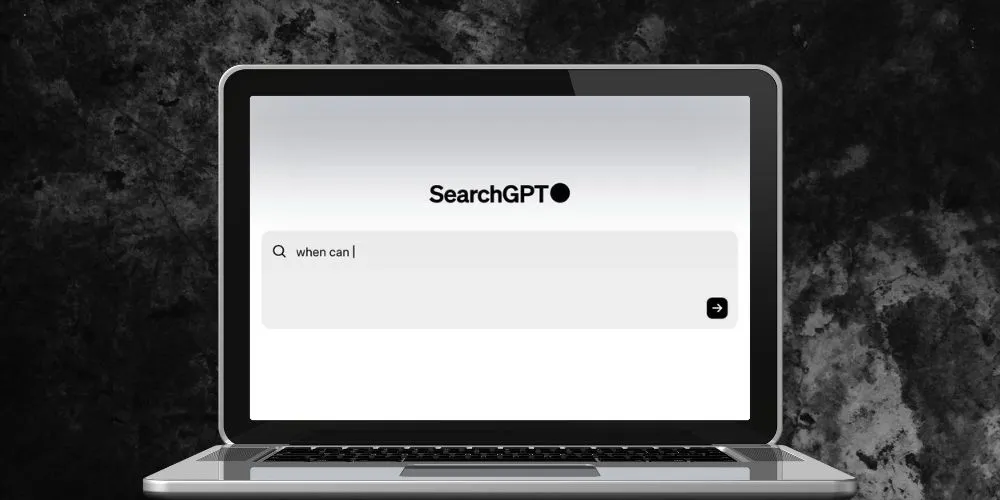Key Points:
- OpenAI introduces a prototype search engine aiming to rival Google. Following the announcement, Alphabet shares fell over 3%.
- Google’s recent AI Overview was described as the most significant change in search in 25 years, but the feature was criticized for inaccuracies.
- SearchGPT and the new mini AI model are part of OpenAI’s strategy to offer diverse AI-generated media through ChatGPT.
- OpenAI, valued at over $80 billion, is backed by Microsoft and began a partnership with Apple to integrate ChatGPT with Siri.
OpenAI announced on Thursday the launch of a prototype search engine, SearchGPT, designed to provide users with “fast and timely answers with clear and relevant sources.” This new tool is being tested with a small group of users and is planned to be integrated into OpenAI’s ChatGPT chatbot.
The introduction of SearchGPT could significantly challenge Google’s dominant position in the search engine market. Since the debut of ChatGPT in November 2022, Alphabet investors have been wary of OpenAI’s potential to disrupt Google’s market share by offering new ways for users to seek information online. OpenAI promises that SearchGPT will allow users to “search in a more natural, intuitive way” and ask follow-up questions “just like you would in a conversation.”
“We think there is room to make search much better than it is today,” OpenAI CEO Sam Altman wrote in a post on X (formerly Twitter). In response to the announcement, Alphabet shares fell more than 3% on Thursday, closing at $167.28, while the Nasdaq declined by less than 1%.
In May, Google launched AI Overview, which CEO Sundar Pichai described as the most significant change in search in 25 years. This feature, available to a limited audience, summarizes answers to queries at the top of Google Search. However, Google faced criticism after users reported nonsensical or inaccurate results from the AI feature, which lacked an opt-out option.
“Google has been kind of shaking in their boots a little bit since this stuff first popped off,” said Daniel Faggella, founder and head of research at Emerj Artificial Intelligence Research, referring to the rise of generative AI. “We haven’t seen their company crumble in the interim, but we have seen them kind of fumble.”
The SearchGPT announcement follows the launch of OpenAI’s new AI model, “GPT-4o mini,” an offshoot of GPT-4o, the company’s fastest and most powerful model to date, which debuted in May. OpenAI, backed by Microsoft, is valued at over $80 billion. The company, founded in 2015, is under pressure to lead the generative AI market while managing the high costs of building and training its models.
Last month, OpenAI strengthened its executive team and announced a partnership with Apple that integrates ChatGPT with Siri. Sarah Friar, former CEO of Nextdoor and CFO of Square, joined as CFO. Kevin Weil, former president at Planet Labs and senior VP at Twitter, Facebook, and Instagram, joined as chief product officer.
As competition in the generative AI market intensifies, OpenAI’s large language models are becoming increasingly important. The new mini AI model and SearchGPT are part of OpenAI’s push towards “multimodality,” the ability to offer various types of AI-generated media—text, images, audio, video, and search—within one tool: ChatGPT. OpenAI’s blog post highlighted that SearchGPT’s visual results will give users a “richer understanding.”
Brad Lightcap, OpenAI’s COO, stated last year, “The world is multimodal.” He emphasized that human interaction involves seeing, hearing, and speaking, suggesting that limiting AI interactions to text is insufficient.









